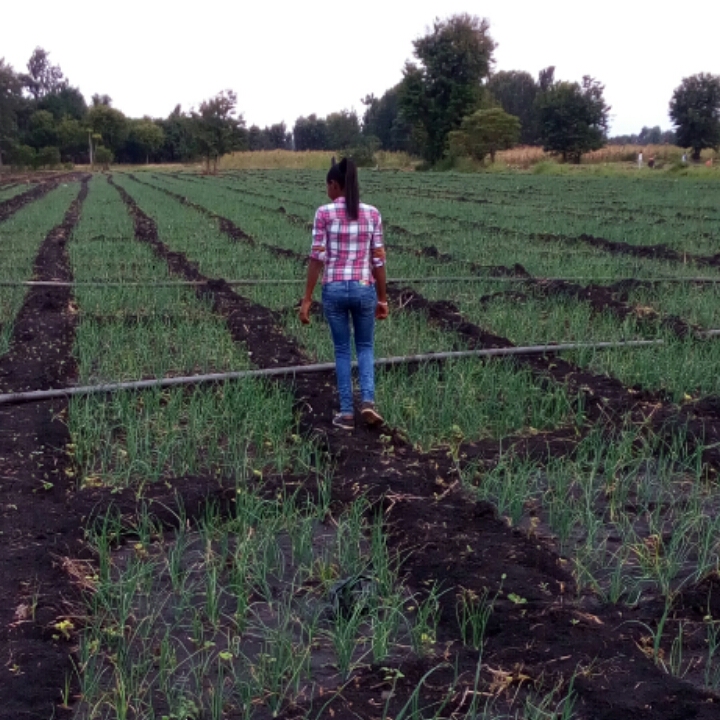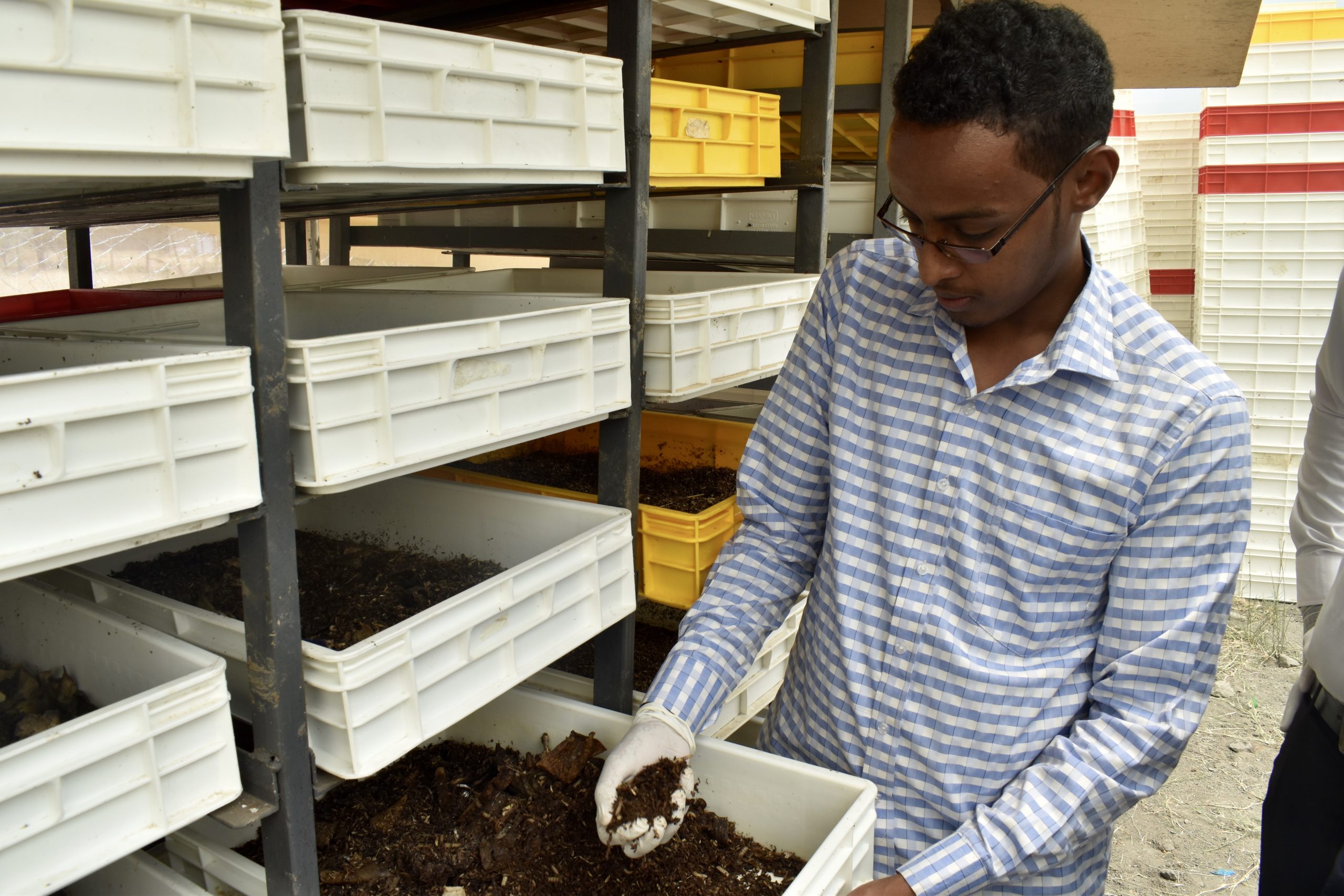
By George Munene
Bamboos are the fastest-growing woody plant in the world. With the Kenyan government recently recognizing it as the 16th cash crop in the country, Victor Mwanga, chairman of the Bamboo Association of Kenya, says the declaration is only bound to bolster the growing of bamboo by farmers, improving its value chain as a marketable commodity.
“At whatever level of the bamboo value chain—as a farmer, seedling propagator or in the value addition space, Kenyan’s are just now waking to the economic potential of bamboo farming,” says Mwanga.
“We have worked with Kenya Forest Service and The Kenya Forestry Research Institute to establish 26 new bamboo nurseries within a year that offer standardised certified seedlings to farmers. This creates jobs for both Bamboo Association Members and private players within the bamboo sector. 30,000 hectares of private farmland has also come under bamboo within the same timeframe,”
Related News: Businessman recruiting farmers to grow bamboo and sisal
Related News: Bamboo farmers win contract to power Bidco furnaces
Bamboo is grass with over 10,000 known uses, predominantly, furniture making, firewood, clothing, beadworking as well as it being used in the construction and cottage industries. Bamboo seedlings cost on average Sh250-180, 200 seedlings are suited to cater to an acre. The plantlets should be spaced 5M*5M apart, this leaves 25㎡ in between the bamboos that can be used to introduce indigenous trees. Depending on the variety and ecological zone, bamboos take on average three to five years to mature. When grown in with native tree varieties bamboos spur their growth rate as they compete for sunlight. Once the bamboo is harvested a double canopy is formed with indigenous trees at the top and the growing bamboo at the bottom. Bamboos are low maintenance requiring little looking after (no weeding, manuring or fertiliser application) once they are established.
The bamboo has no tap root, rather fibrous roots which help to break soil hardpans allowing for air circulation. A bamboo clamp has 30-50 culms (stems) with an average life span of five generations—up to 120 years, without needing replenishing.
In its effort to achieve 10% forest cover by 2022, the government is leaning on bamboo to ease logging pressure on existing forest cover and indigenous trees. They are 12 bamboo species certified to be grown across the country’s various ecological zones.
Related News: Model bamboo center breeding millionaires
“The Bamboo Association of Kenya serves as an information portal and connects farmers with nursery operators as well as people within the bamboo value addition space and academics. The platform, though not a trading entity, also provides farmers with market linkages and we are trying to standardise the buying prices of the different bamboo varieties. We work with farmers to teach them how they can add primary value to their wood through cutting, splitting, planing and sandpapering this helps them earn more,” Mwanga explains.
The association is also working to train engineering students in TVET institutions, on the use of bamboo as an alternative to wood in construction.
Victor Mwanga, Bamboo Association of Kenya Chairman:0714636238
Write comment (0 Comments)
















